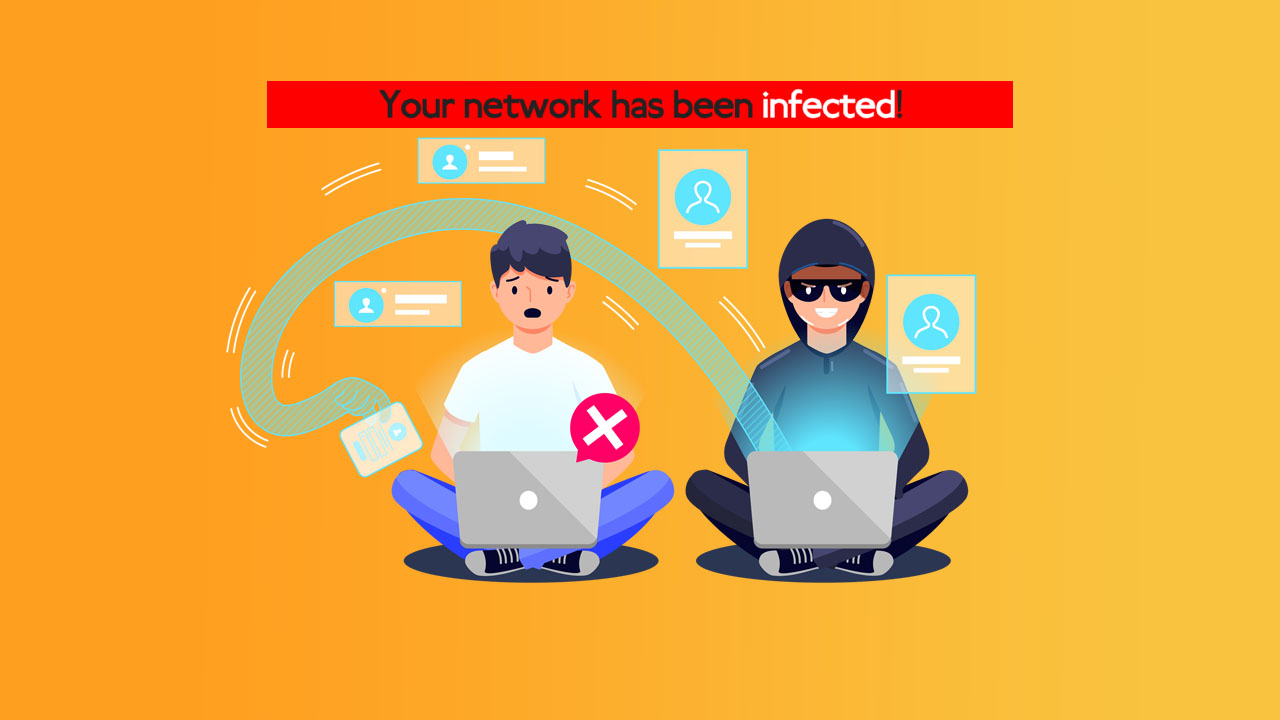Downloadable Cyber Security Email Campaign Template for Businesses
Download our Cyber Security email campaign template! The email templates are designed to raise employees’ awareness of cyber security and highlight...

Cybersecurity awareness training is the formal education of business security to non-technical employees. It focuses on the 'human element', helping all employees to understand basic best practice and know their part in a business' cybersecurity.
Cybersecurity awareness training plays an important role in countering cyber threats. The weakest link in IT security is typically people, which is why cybersecurity awareness training is important. An employee can easily open the gates to a cyber attack by:
As we become more connected and cyber criminals become more sophisticated, having a basic awareness level to spot a scam or know how to respond.
Building a culture of cybersecurity best practice and an awareness of threats is crucial for any modern day business to prevent an attack. But how can this be achieved? Cybersecurity education and ongoing training is a crucial part of the answer.
The training is really helpful in engaging workforces and giving them confidence to create passwords, filter through suspicious emails or browse the internet, no matter whether they are remote working or office based.
Cybersecurity training can help to increase your employees awareness of good practice and remedy bad habits. It keeps staff aware of the latest tricks cyber criminals are using to infiltrate businesses, while simulation attacks can 'test' your employees ability to spot a scam and understand where extra training is needed.
Find out more:Book time to discuss cybersecurity awareness training with one of our security experts. |
Cybersecurity awareness training is suitable for every business size, even if you have just a few employees. It is also suitable at every level and for all job functions and departments.
We have listed various cybersecurity training options suitable to small businesses, that won't break the bank.
On demand, automated cybersecurity education and awareness training tools have become really popular during lockdown. There are many platforms out there, but we would recommend using KnowBe4.
Team members access personalised courses and are sent automated email reminders to complete short video tutorials. The videos are light hearted, funny and very engaging. They can also be watched on demand.
Team members receive scam alerts by email to warn you about the latest cons. For example, during 2020 and 2021, many alerts have warned about various Coronavirus themed ploys. They also advice on what to do if you are targeted or if you accidentally click on a spam link. The awareness training also sends simulation email phishing attacks to ‘test’ team members awareness.
The advantages of automated cybersecurity and awareness training are:
The disadvantages of automated cybersecurity and awareness training are:
Find out more:Book time to discuss cybersecurity awareness training with one of our security experts. |
Traditionally businesses could hold ad hoc cybersecurity workshops. It involves an expert going to your work premises for half or a whole day to present cybersecurity best practice. The advantages of workshop are:
The disadvantages of workshops are:
We recommend enrolling staff members onto automated cybersecurity and awareness training as a basic and fundamental action. The long list of advantages, as listed earlier in the article, speaks volumes. Also, it's very reasonably priced, even for a start-up or SME.
Everyone who works at Superfast IT undergoes this training and I would recommend it to team members at every level!
While workshops and masterclasses are not practical at the moment, due to coronavirus restrictions (while workforces work from home), we would still recommend automated cybersecurity and awareness training over workshops, even once they do become feasible.
While workshops can be a great way of up-skilling staff quickly and introducing cybersecurity to employees, the benefit of continuous learning outweighs any kind of one off training.
Ultimately, cyber threats continue to change and being aware of the latest scams is critical to protecting your data.
While vulnerabilities are often caused by poorly maintained systems and weak passwords, these can be solved fairly easily by working with a good IT support company. They will keep your systems up-to-date, deploy security software, and enforce password policies.
In addition to seeking expert advice, we also suggest following the National Cyber Security Centre (NCSC). Keep up to date with their news on LinkedIn and Twitter from the leading government authority.
An SME business should have a security policy, GDPR documentation and processes. This is an important part in defining roles and responsibilities. An employees needs to know what to do if, for example they click on a spam link or their laptop is stolen - who do they contact? What are the next steps? Find out what a security/cybersecurity policy framework looks like in our SME cybersecurity best practice guide.
If you feel that your employees are not on board and don't take cybersecurity seriously, then action needs to be immediately taken. With the best will in the world, having security policies not followed, will make your cybersecurity ineffective.
This, of course, starts at the top. Business leaders need to lead by example and make cybersecurity a top level business objective. A culture issue, then becomes a HR issue. Get HR involved and make cybersecurity training a part of every employees CPD. The way that it is communicated could become an internal marketing initiative too, so, getting your marketing and communications team involved in creating messaging is also an option.
It is unlikely that cybersecurity will be the top of an employees priorities, unless it is their primary job function. Compulsory training with deadlines will ensure every team member is taking part. Automated cybersecurity and awareness training is a great means of enforcing compulsory involvement.
Talk to one of our experts to understand if cybersecurity training is needed in your business.

Download our Cyber Security email campaign template! The email templates are designed to raise employees’ awareness of cyber security and highlight...

Last week, details of FatFaces’ cyber-attack surfaced. Some incredible details were reported from the attack, including screen shots of negotiations...

Cyber attacks are increasing at an alarming rate. It’s not just the frequency, but growing sophistication of attacks, that is concerning. Carbon Black